EGFR+ NSCLC treatment guidelines
Summary of EGFR+ NSCLC treatment recommendations from international guidelines1,2
Please refer to the full guidelines as necessary for more information.1,2
European Society of Medical Oncology (ESMO)
Recommendations for stage IV lung carcinoma with EGFR-activating mutation1
*In the absence of contraindications to the use of immunotherapy after targeted therapies have been used.
National Comprehensive Cancer Network® (NCCN®)
Recommendations for patients with metastatic NSCLC and EGFR mutations (exon 19 deletion or L858R) discovered prior to first-line systemic therapy2†
*Limited number is undefined, but clinical trials have included 3 to 5 metastases.
†The NCCN Guidelines for NSCLC provide recommendations for certain individual biomarkers that should be tested and recommend testing techniques but do not endorse any specific commercially available biomarker assays or commercial laboratories.
Osimertinib is considered the preferred first-line option for patients with metastatic NSCLC and EGFR mutations (exon 19 deletion or L858R)2
*Only preferred Category 1 treatment recommendations are provided. Please refer to the full guidelines for more information.
†The NCCN Guidelines for NSCLC provide recommendations for certain individual biomarkers that should be tested and recommend testing techniques but do not endorse any specific commercially available biomarker assays or commercial laboratories.
Please note, all the treatments mentioned on this page may not be approved in respective countries.
LEARN ABOUT CLINICAL ENDPOINTS
ChT: chemotherapy; CNS: central nervous system; EGFR: epidermal growth factor receptor; ESMO: European Society for Medical Oncology; NCCN: National Comprehensive Cancer Network® (NCCN®); NSCLC: non-small-cell lung cancer; SABR: stereotactic ablative body radiotherapy; SRS: stereotactic radiosurgery; TKI: tyrosine kinase inhibitor.
1. Planchard D, et al. Metastatic non-small cell lung cancer: ESMO clinical practice guidelines for diagnosis, treatment and follow-up. 2020. Available
at: https://www.esmo.org/content/download/347819/6934778/1/ESMO-CPG-mNSCLC-15SEPT2020.pdf. Accessed June 2021.
2. Referenced with permission from the NCCN Clinical Practice Guidelines in Oncology (NCCN Guidelines®) for Non-Small Cell Lung Cancer V.1.2022. © National Comprehensive Cancer Network, Inc. 2021. All rights reserved. Accessed December 10, 2021. To view the most recent and complete version of the guideline, go online to NCCN.org NCCN makes no warranties of any kind whatsoever regarding their content, use or application and disclaims any responsibility for their application or use in any way.
